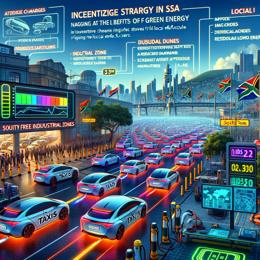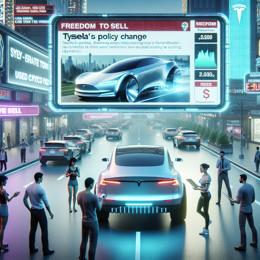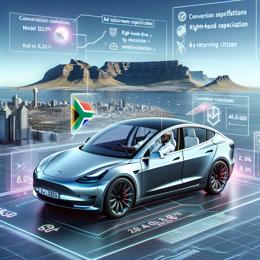Image: AI generated for illustration purposes
Naamsa CEO Criticizes Government's Disregard for EV Incentives in South Africa
In a recent statement, Mikel Mabasa, the CEO of the National Association of Automobile Manufacturers of South Africa (Naamsa), voiced concerns over the government's reluctance to provide consumer incentives for electric vehicles (EVs). He argues that this stance is detrimental to the industry's growth and could significantly hinder the adoption of EVs in the South African market.
The growing global trend toward electric mobility is evident as more countries adopt EV-friendly policies to reduce greenhouse gas emissions and combat climate change. However, South Africa's government has been hesitant to implement similar supportive measures for EVs, which industry leaders like Mabasa believe is a misstep.
According to Mikel Mabasa, the lack of incentives severely impacts the potential market for electric vehicles, rendering them less affordable and desirable to the average South African consumer. With the costs of EVs typically higher than those of internal combustion engine vehicles, incentives play a crucial role in bridging the financial gap for consumers.
Without sufficient demand domestically, Mabasa warns, automobile manufacturers may be discouraged from investing in local EV production facilities. This hesitation could place South Africa at a disadvantage in the global shift toward electric mobility, limiting the country’s participation in the fast-growing green economy.
Additionally, Mabasa emphasizes the importance of aligning the automotive industry with sustainable practices. Without a market for electric vehicles in its own backyard, South Africa risks becoming a player focused on outdated technologies while the rest of the world moves forward with innovative environmental solutions.
Naamsa, as the representative body of the automotive industry in South Africa, is a critical voice in policy discourse. The organization is pushing for a more proactive approach to bolster the country's automotive sector and prepare it for the impending EV revolution.
The concern is not only centered around vehicle production but also encompasses broader economic implications. If South Africa fails to incentivize the adoption of electric vehicles, it may miss an opportunity to become a hub for the production and export of EVs on the African continent.
To address these challenges, Naamsa advocates a collaborative effort between the government and the automotive sector to establish a comprehensive EV strategy, including customer incentives, infrastructure development, and industry support mechanisms to facilitate a smooth transition to electric mobility.
This approach, according to industry experts, would not only secure future investment and job creation within the automotive sector but also significantly contribute to the country’s environmental goals by reducing its carbon footprint.
In conclusion, Mabasa's comments underline the urgency with which South Africa needs to adopt policies supportive of electric vehicles. Failure to act promptly may lead to long-term economic and environmental consequences, disadvantaging the country as it aims to remain competitive in a globally evolving market.










